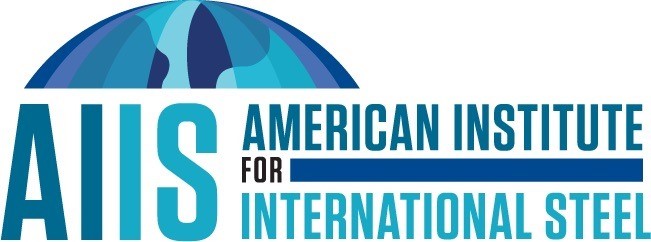
Falls Church, VA (AIIS) - WHAT The 232 Steel Investigation: A Self-Initiated Threat to U.S. Economic Security
WHEN Tuesday, June 20, 2017
2:00 – 3:00 PM (Media Registration: 1:45 PM)
WHERE National Press Club, 529 14th Street NW, 13th Floor, Washington, D.C. 20045
WHO Leaders representing the American Institute for International Steel (AIIS), Ports, and Steel Consuming Manufacturers:
• Richard Chriss: President, American Institute for International Steel
• Bobby Landry: Chief Commercial Officer, Port of New Orleans
• Lewis Leibowitz: International trade lawyer and CITAC Counsel
• Stuart Speyer: President of Tennsco Corp., a family-owned manufacturer of quality storage products based in Dickson, TN
Introductory Remarks by John D. Foster, Chairman of AIIS
WHY The Trump Administration is investigating whether imported steel poses a “threat to U.S. national security.” The Section 232 trade law initiative is the first step toward fulfilling a campaign pledge to bolster U.S. steelworker jobs and steel producing companies through the increased use of protectionist trade barriers. But how will other elements of the steel supply chain be affected? And will closing American doors to foreign steel really strengthen the U.S. economy?
The U.S. steel industry directly employs 142,000 American workers, compared to an estimated 6.5 million who are employed by steel-using manufacturers. From busy U.S. ports to small manufacturing operations making steel-based products, millions of Americans earn their livings from the vast U.S. steel supply chain.
Hear straight from the source as these business leaders describe the existential threat of being “protected” by U.S. trade law.
Courtesy: AIIS
| Copper Scrap View All | |
| Alternator | 0.32 (0) |
| #1 Copper Bare Bright | 3.76 (-0.01) |
| Aluminum Scrap View All | |
| 356 Aluminum Wheels (Clean) | 0.73 (0) |
| 6061 Extrusions | 0.64 (0) |
| Steel Scrap View All | |
| #1 Bundle | 460.00 (-15) |
| #1 Busheling | 480.00 (-15) |
| Electronics Scrap View All | |